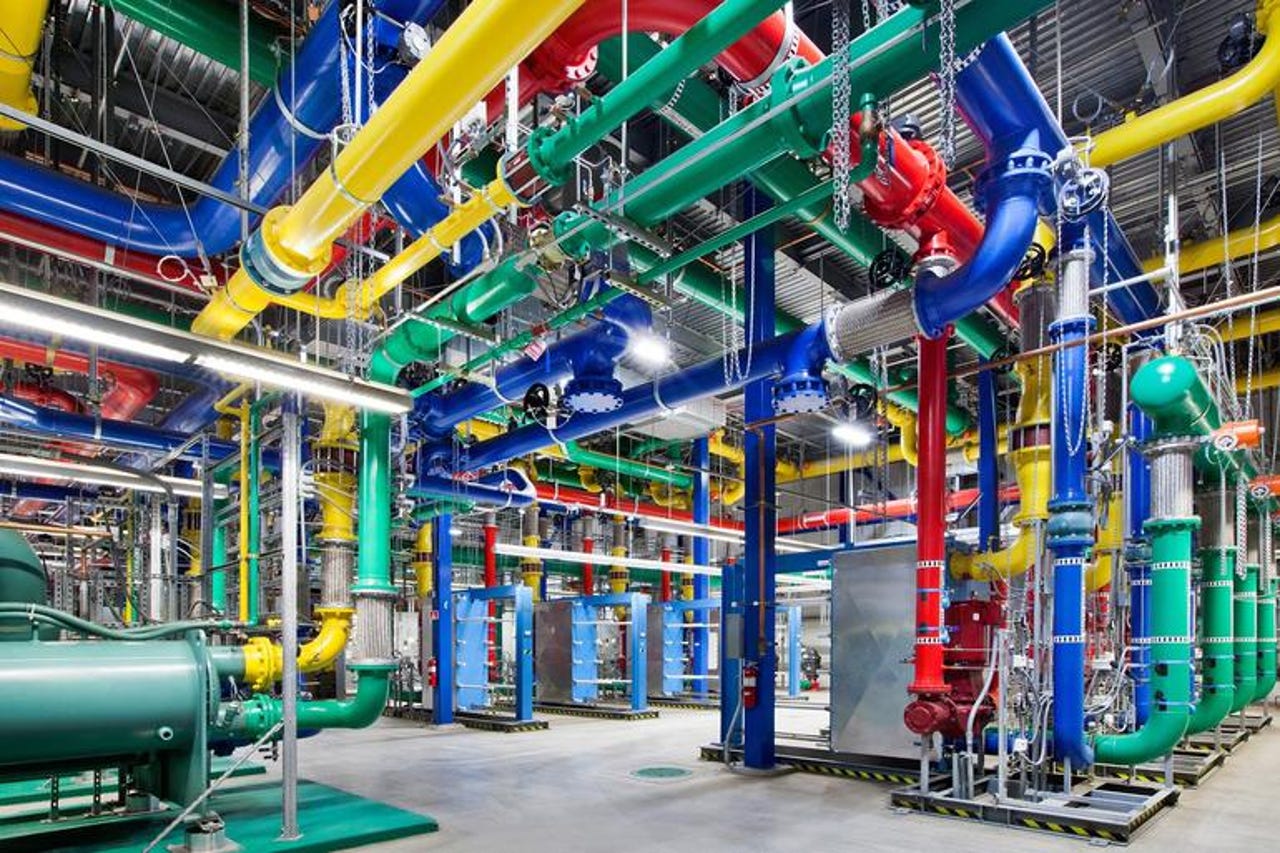Mozilla: The internet is unhealthy and urgently needs your help


Mozilla argues that the internet's decentralized design is under threat by a few key players, including Google, Facebook, Apple, Tencent, Alibaba and Amazon, monopolizing messaging, commerce, and search.
Much of the internet is in a perilous state, and we, its citizens, all need to help save it, says Mark Surman, executive director of Firefox maker the Mozilla Foundation.
We may be in awe of the web's rise over the past 30 years, but Surman highlights numerous signs that the internet is dangerously unhealthy, from last year's Mirai botnet attacks, to market concentration, government surveillance and censorship, data breaches, and policies that smother innovation.
"I wonder whether this precious public resource can remain safe, secure and dependable. Can it survive?" Surman asks.
"These questions are even more critical now that we move into an age where the internet starts to wrap around us, quite literally," he adds, pointing to the Internet of Things, autonomous systems, and artificial intelligence. In this world, we don't use a computer, "we live inside it", he adds.
"How [the internet] works -- and whether it's healthy -- has a direct impact on our happiness, our privacy, our pocketbooks, our economies and democracies."
Surman's call to action coincides with nonprofit Mozilla's first 'prototype' of the Internet Health Report, which looks at healthy and unhealthy trends that are shaping the internet. Its five key areas include open innovation, digital inclusion, decentralization, privacy and security, and web literacy.
Mozilla will launch the first report after October, once it has incorporated feedback on the prototype.
That there are over 1.1 billion websites today, running on mostly open-source software, is a positive sign for open innovation. However, Mozilla says the internet is "constantly dodging bullets" from bad policy, such as outdated copyright laws, secretly negotiated trade agreements, and restrictive digital-rights management.
Similarly, while mobile has helped put more than three billion people online today, there were 56 internet shutdowns last year, up from 15 shutdowns in 2015, it notes.
Mozilla fears the internet's decentralized design, while flourishing and protected by laws, is under threat by a few key players, including Facebook, Google, Apple, Tencent, Alibaba and Amazon, monopolizing messaging, commerce and search.
"While these companies provide hugely valuable services to billions of people, they are also consolidating control over human communication and wealth at a level never before seen in history," it says.
Mozilla approves of the wider adoption of encryption today on the web and in communications but highlights the emergence of new surveillance laws, such as the UK's so-called Snooper's Charter.
It also cites as a concern the Mirai malware behind last year's DDoS attacks, which abused unsecured webcams and other IoT devices, and is calling for safety standards, rules and accountability measures.
The report also draws attention to the policy focus on web literacy in the context of learning how to code or use a computer, which ignores other literacy skills, such as the ability to spot fake news, and separate ads from search results.
More on Mozilla
- Faster Firefox? Mozilla's Quantum shoots for quicker page loads, smoother scrolling
- Firefox zero-day: Mozilla, Tor issue critical patches to block active attacks
- Firefox zero-day: Mozilla races to patch bug used to attack Tor browser users
- Mozilla wraps single Firefox private tab into new Focus browser for iOS
- Apple, Google, Microsoft, Mozilla close in on making web run as fast as native apps